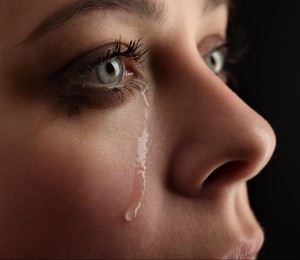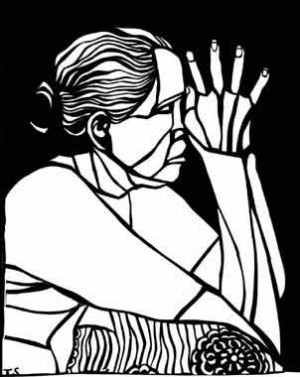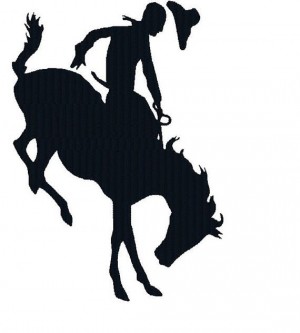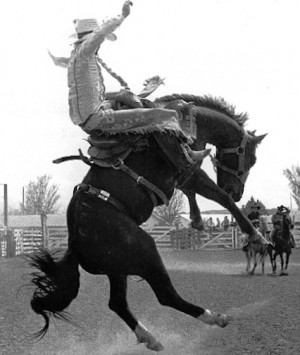 Believe it or not, grieving 1 is ALWAYS for what could have been. For the loss of a future.
Believe it or not, grieving 1 is ALWAYS for what could have been. For the loss of a future.
Whether it is in a relationship, or adventure, or riches, or living a fulfilled life. Opportunities missed, a life missed.
If feels like an occasional hiccup like desire to weep, hiccup from a deep sorrow base.
I used to think it was my feeling, but recently I discovered that none of it is mine. It belongs to the person I accidentally connected because I saw them, because I thought of them, because I am reading what they wrote.
The art of living is to never have to grieve anything
Just before I left Hungary I was at a party, and a guy I didn’t know said: The art of driving is to never have to use the break… hm, interesting thing to say, especially because the party was on the top of one of the tall hills in Budapest.
This was 33 years ago, and finally I got it. It is much like this: The art of living is to never have to apologize. The art of living is to never have to grieve anything. The art of living is to never have to regret anything.
Of course, there are two ways to go about that “never have to…” part, one is avoidance, and the other is high level of consciousness.
The role and the effect of rules, forcing, supposed to, have to, etc.
In religion, in self-improvement, in society, you are taught rules, prohibitions, morals, and they are all restrictive. Think positive, avoid thinking negative, avoid negative people, treat people the way you want to be treated, blah blah blah… all force causing the resistance gene to kick in: no one wants to be forced, it is counter to the first desire of every living thing: to be free, self-determination.
Someone who resists, quietly or like a bucking bronco… they are on the hook, and never free
The more prohibitions you have, the less virtuous people will be. Try to make people moral, and you lay the groundwork for vice.
Lao Tzu (c.604 – 531 B.C.)
We all grew up, we all live in societies that are restrictive. The interest of society is counter to your interest, plain and simple.
It worked really well 200,000 years ago when we were to weakest animal on the Planet… and we needed the group to survive.
But 200,000 years later, the group dominating the born to be free human shows a lack of trust, and it has plenty of proof… but proof to what? Society things proof that the masses need strong rules, that society needs to protect itself from individuals, because individuals are immoral…
But the truth is that any human forced against his will will resist, and even rebel against the force. They have to…
There are many ways to resist.
I saw one way in “Communist” Hungary: people didn’t enjoy their work, people didn’t want to work more than they had to… Why? Because they had to work for the government, because they never got paid more if they worked more, because talent was unimportant… I left because I wanted to be an individual without being threatened with jail… Because I wanted to enjoy the results of my work…
I call that way or resisting sabotage… and you’ll find plenty of that everywhere, you don’t need to go to Hungary for that.
But there are more “subtle” ways to resist:
- Sex goes out of the relationship after the wedding, because now you are supposed to have sex…
- You are late everywhere
- You withhold your creativity or your brilliance
- You will buy the tools, the course, the activator, but you won’t use it…
What’s the difference between a wild horse and you?
The fundamental difference is that the wild horse is wiser. It knows that the longer it resists the longer it will suffer from not being able to do the things it likes to do. Run, jump, whatever horses like to do. So what if it also means carrying a person on their backs? Maybe that’s the price of freedom… a horse think.
Resistance only hurts the one that resists.
But a human gets stuck in resistance mode, 50-60-70-80 years, because they don’t know any better.
Instead of surrendering to the world the way it is, barriers, limitations, restrictions, and all… they keep on resisting.
What does it cost you?
- When you resist, you lock up your energies.
- When you resist, you are stupid… as in bad decisions, limited uptake, confusion, and such
- When you resist, you can’t suddenly do something life-affirming, because you NEED TO STAY CONSISTENT. That is also hardwired!
 The person to whom I accidentally connected, has huge resistance, and even huger grief. No freedom to have a different future… stuck.
The person to whom I accidentally connected, has huge resistance, and even huger grief. No freedom to have a different future… stuck.
The grief is for all the should have, could have stuff that he didn’t do, that would have given him a life consistent with his talent by age 60.
He now KNOWS it is all futile… but that “knowledge” comes from all the resistance to use his talent instead of bucking like a bronco all his life.
I can see that it is not futile, but he can’t… he is stuck in grieving bronco mode.
He could break out of it if he were one of my students… The “solution” of “having your cake and eat it too” is available and ready… but he cannot become my student, because it is against his bucking bronco stuck way of being.
What a loss.
P.S. One more thing: watching who reads what article multiple times, I can tell that there is a confusion between grief and depression. They are not the same, although medically they seem the same: “reactive” depression, and depression that doesn’t seem to have a cause.
Well, the reactive depression is grief or regret, you have a “reason” to feel bad.
“Real” depression has no visible cause… just a loss of direction, a loss of future.
Different “illness” requires different methods to “heal”. Clarity of thinking will cause you to be effective… wrong diagnosis: forever dragged out symptoms.
Wake up and become astute!
- from Wikipedia: Grief is a multifaceted response to loss, particularly to the loss of someone or something that has died, to which a bond or affection was formed. Although conventionally focused on the emotional response to loss, it also has physical, cognitive, behavioral, social, spiritual, and philosophical dimensions. While the terms are often used interchangeably, bereavement refers to the state of loss, and grief is the reaction to loss, along with nostalgic longing for something or someone that probably won’t return.
Grief is a natural response to loss. It is the emotional suffering one feels when something or someone the individual loves is taken away. Grief is also a reaction to any loss. The grief associated with death is familiar to most people, but individuals grieve in connection with a variety of losses throughout their lives, such as unemployment, ill health or the end of a relationship. Loss can be categorized as either physical or abstract, the physical loss being related to something that the individual can touch or measure, such as losing a spouse through death, while other types of loss are abstract, and relate to aspects of a person’s social interactions.



Oh my! I didn’t know I was supposed to give up sex after marriage. (!) Been married 24 years and everything is fine… But, yes, dear Sophie, I am late a lot of times. I was widowed 30 years ago. I was in shock, I was only 23 and had been with him for 5 years. The depression, I don’t know, but yes, the grief was like being in molasses. Briefly, I felt that my Summa Cum Laude should have lived, as he was so much loved. But then I knew, so was I. I didn’t grieve a long, long time. I couldn’t. I knew he would not have wanted me to grieve. It was something that happened. The accident was so depressing to others. I didn’t like that feeling. I never thought I was bad. Just alive! I still am.
I see, what I wrote was clumsy… I corrected it.
Did I say you were supposed to give up sex after marriage? NO, you are supposed to have sex after marriage, and if you are a resistant person, you won’t.